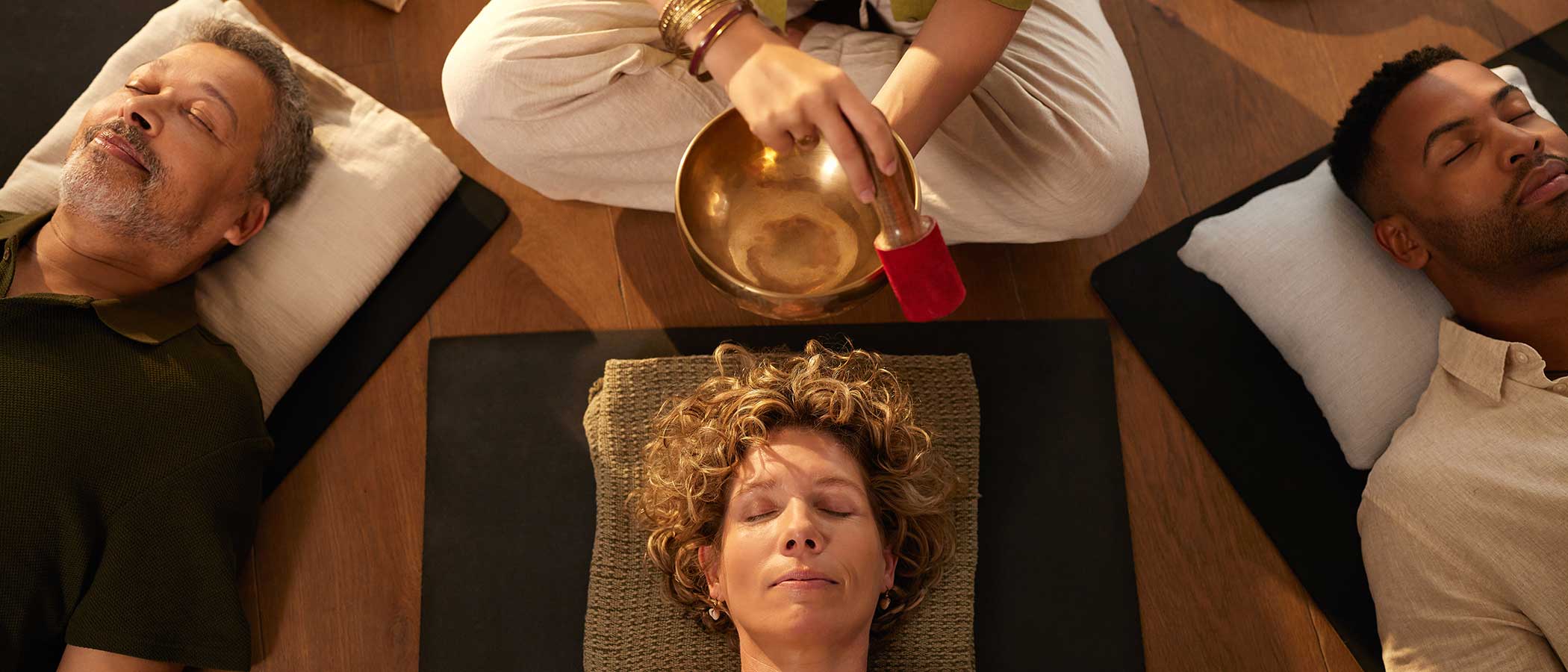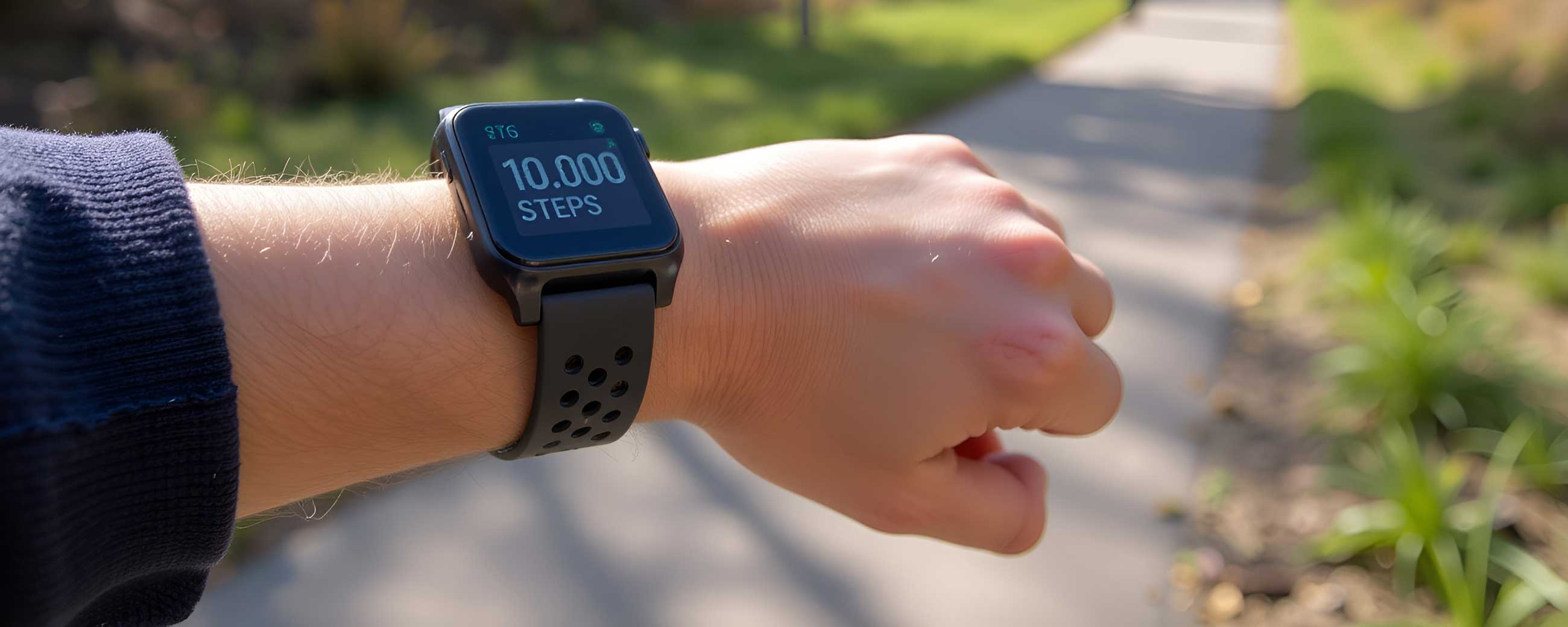
When Type 2 Turns Out to be Type 1: An Interview with Mila Clarke, The Hangry Woman
Mila Clarke thought she was confused when she was diagnosed with type 2 diabetes at the age of 26. She thought she had been taking care of her health and doing everything right. But the real bombshell hit four years later: she didn’t have type 2 diabetes. She actually had a late onset form of type 1.
Since her first diagnosis eight years ago, Houston-based health coach, blogger and dietitian Mila Clarke has been writing about her health journey as the so-called “Hangry Woman.” Although both Clarke’s mother and grandmother had diabetes, she didn’t actually know much about the condition's effects on the body or how to manage it. She started her blog (then her successful Instagram account) as a way of taking back the power, educating herself on her new condition while teaching others what she learned.
Eventually, the Hangry Woman went viral, and it became Clarke’s full-time job. She has since helped countless people understand and manage their own diabetes diagnoses, while living life to the fullest. We sat down with Clarke to chat about the misconceptions of diabetes of all varieties, how to manage the stress of having a health condition, and the importance of having fun while giving yourself grace.

Tell us a bit about your journey from being diagnosed with diabetes to becoming the “Hangry Woman.”How did you feel about your diagnosis and what role did your blog serve in leading you to regain control of your health?
I was diagnosed with type 2 when I was 26 years old. I was going through all of these symptoms. I was thirsty all the time, I was peeing every five minutes and having to wake up to go in the middle of the night. I was sweating through my sheets every night. I was exhausted all the time no matter how well I slept. So I went to the doctor for an annual checkup and got diagnosed with diabetes. For me, it was a shocking moment because I had thought I was doing everything I can to be healthy minus the fact that I was a bit stressed and doing a lot of work all at one time. Fast forward four years and I was re-diagnosed with latent autoimmune diabetes in adults, which is a slow progressing form of type 1.
When I first started the Hangry Woman, I was just looking for camaraderie and people who understood what I was going through. I started writing about my experience and sharing my articles on Facebook.Then, right before Covid happened, my blog had grown so much that I was in this position of quitting my full time job to do Hangry Woman full time.
The more I explored and learned and read studies and talked to my care team, the more it made me have a holistic perspective of how diabetes works and what it’s doing to your body. So, there was an intersection of both learning a lot and being able to take more control but then there was also this other part of me that felt like there is something more to this and I have more questions than I have answers.
What do you think is the biggest misconception people have about diabetes? What do you wish you’d known when you were first diagnosed?
People have this impression that you cause it and you bring it on yourself because you’ve done something wrong. I don’t think that is the case. I know people will disagree with me on that, but I think that there is not a single person that wakes up one day and says I would love to have diabetes. I think there are a lot of different factors and our abilities to be able to access things like health care and grocery stores and having transportation to be able to go to the store, have a job that allows you to take sick time or that provides enough for you to actually be able to manage your health overall. All those things contribute too.
"People can be diagnosed with type 1 diabetes at any age, like I was."
The other thing that I really wish I knew is that people can be diagnosed with type 1 diabetes at any age, like I was. It happens to people when they’re children but it also happens to people like me when I was 26 years old. Sometimes onset just takes longer.
Can you talk about FOMO as a person living with diabetes? And how do you ensure you’re eating to manage your condition without feeling like you’re missing out on all the fun?
I think some of the best things you can do is explore boundaries and use the data either from your glucose readings or your CGM to understand how different foods impact you and make changes in that way.
It’s not about necessarily taking things away and saying ‘no, I can never have that’ but understanding how the foods you love affects you, and then being able to build a plan around that… Putting together the puzzle pieces can help you still really enjoy the things you love, but also give you the balance you need to take care of your overall health.
On your blog, you talk about the importance of maintaining good mental health with diabetes. Why is that important and what do you do to take good care of your mental health and make sure your diagnosis doesn’t get you down?
I believe that stress is a huge contributor to a balanced blood sugar [Editor’s Note: There is a strong link between stress and diabetes]. I like to take a little bit of quiet time between tasks during the work day. I’ll work in 25 minute blocks. Then, I’ll take a step away and go for a little walk around my apartment or go out to the balcony for some fresh air to give me a way to recharge. It’s nice to get that little mental break.
The other thing that’s really helpful for me is to try to exercise during that mental health break. Also, remember to give yourself grace. Self-understanding and self-forgiveness is super helpful in terms of improving your mental health when living with diabetes…
"Remember to give yourself grace. Self-understanding and self-forgiveness is super helpful in terms of improving your mental health when living with diabetes…"
What lifestyle changes do you see folks struggling with the most on their journeys? Do you have any tips you can share with us?
I think changes around food are a big one. People have very strong feelings about the foods they love. For those people, I advise them to think about their meal plans in terms of what they are adding, not what they are subtracting…
The other thing I would say is that having to be on medications isn’t necessarily a bad thing. Sometimes, people feel like if they are on medications for their diabetes, they aren’t doing a good job, but that’s just not true. Your doctor prescribed you medication to help your body do something it’s not currently doing. You don’t need to look at it as a permanent solution: just as something that’s helping you get to the goal so you’re where you need to be in the end.

This publication is intended for informational purposes only and is not meant to be a substitute for professional medical advice, diagnosis, or treatment. Always seek the advice of your physician or other qualified health provider with any questions you may have regarding a medical condition or any advice relating to your health. View full disclaimer









